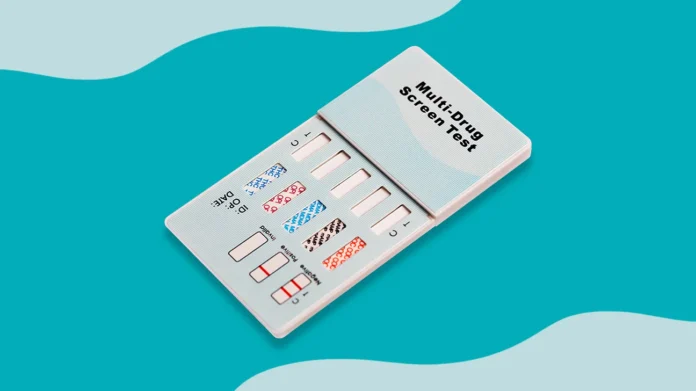Drug testing kits are essential in many fields, including law enforcement, healthcare, and the workplace. They provide a rapid and effective way to determine whether drugs are present in biological samples such as blood, saliva, urine, or hair. These kits support medical diagnosis, guarantee compliance, and preserve safety.
For their use to be effective, it is necessary to comprehend their types, operating principles, accuracy, applications, and restrictions. This in-depth manual seeks to explore the realm of drug testing kits by clarifying their uses, importance, and ramifications.
Types of Drug Testing Kits
Here are the types of drug testing kits:
1. Urine Drug Testing Kits
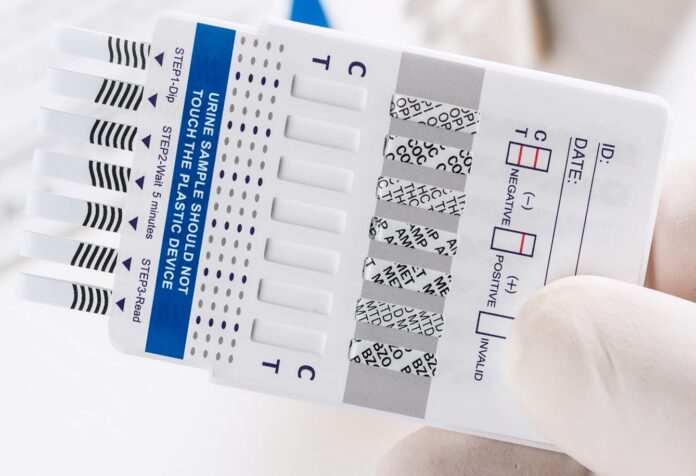
Urine drug testing kits are among the most widely used. They identify drug metabolites by analyzing urine samples. These kits are well-liked because they are easy to use, reasonably priced, and effective in detecting recent drug use. Because they are simple to use and produce results quickly, dipstick or cup formats are widely used in workplaces, probation programs, and healthcare settings.
2. Saliva Drug Testing Kits
These kits, which are specifically made to examine saliva samples, provide quick results in a matter of minutes. They are unique because they are easy to use and non-invasive, making them perfect for circumstances where testing needs to happen immediately.
Roadside inspections and situations requiring quick drug testing are common uses for them, and they are appreciated for their simplicity and convenience of use.
3. Blood Drug Testing Kits
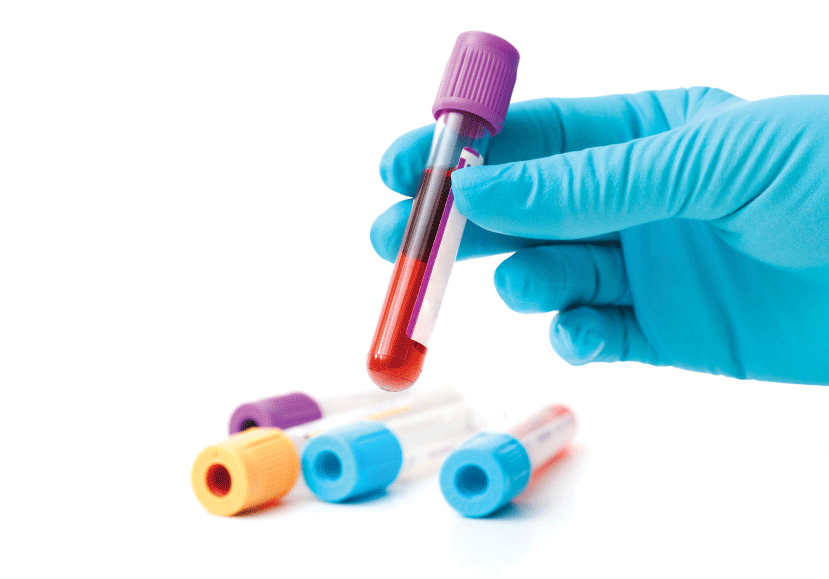
Although blood drug testing kits are highly recognized for their accuracy and thorough drug analysis, they need a more invasive procedure. These tests, which are usually carried out by law enforcement or in clinical settings, offer comprehensive information regarding drug concentration levels. Their accuracy renders them invaluable in forensic inquiries when exact information is essential.
4. Hair Drug Testing Kits
These kits analyze drug residues lodged in the hair shaft using hair samples. Compared to other techniques, they provide a longer detection window, which makes them especially useful for tracking chronic drug use.
Due to the hair’s growth pattern, these kits—which are frequently used in legal or professional settings—offer a historical summary of drug intake and facilitate thorough substance use analysis.
Working Principles of Drug Testing Kits
Drug testing kits operate based on various methodologies such as immunoassays, chromatography, or spectroscopy:
1. Immunoassays
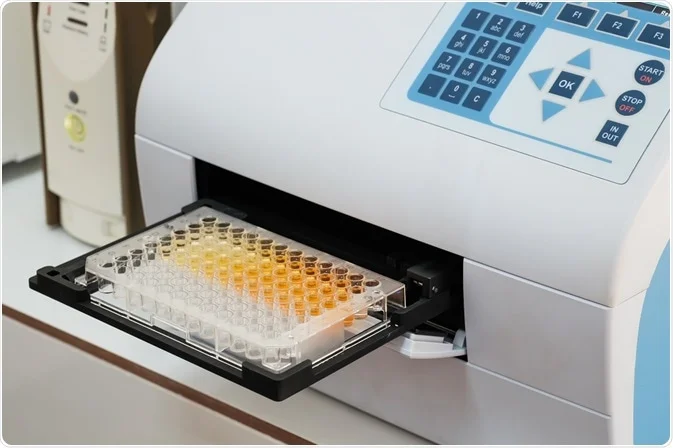
These kits use antibodies that are engineered to attach to particular drug metabolites, inducing a chemical reaction that indicates the presence of pharmaceuticals. Immunoassays are highly valued for their economical cost-effectiveness and quick turnaround times.
They might, however, be limited in their sensitivity and specificity. Even while they yield answers quickly, they might not always be able to discriminate between closely related chemicals, which could occasionally result in false-positive or false-negative results.
2. Chromatography (e.g., Gas Chromatography-Mass Spectrometry – GC-MS)
This advanced technique allows drug components to be easily separated within a sample, enabling accurate identification and quantification. Its remarkable precision and dependability distinguish GC-MS.
It is frequently used to confirm favorable outcomes from preliminary screening exams. GC-MS reduces the possibility of mistakes or misinterpretations by carefully isolating and analyzing individual chemicals, guaranteeing a high degree of confidence in detecting and identifying certain medications.
3. Spectroscopy (e.g., Infrared Spectroscopy)
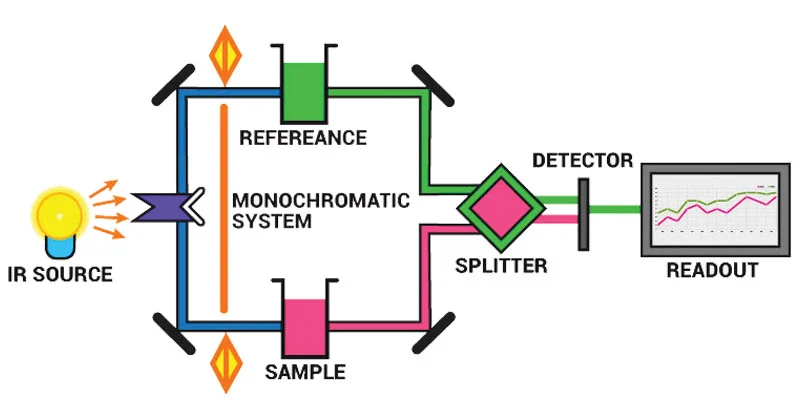
With the use of this technology, medications and light can be analyzed to identify substances based on their distinct spectral patterns. Spectroscopy techniques, such as infrared spectroscopy, display high sensitivity and specificity.
This method greatly improves the accuracy of drug identification by looking at the various ways that compounds interact with light. It guarantees accurate and dependable identification of pharmaceuticals contained in a sample by allowing researchers and analysts to distinguish between distinct compounds based on their unique spectral signatures.
Accuracy and Reliability
The accuracy of drug testing kits depends on various factors, such as:
- Type of test
- Specific drugs being detected
- Quality of the kit
- Proper administration
Erroneous handling of samples, environmental pollutants, or cross-reactivity can all lead to false-positive or false-negative results. Confirmatory procedures such as GC-MS are necessary to confirm the first positive results and guarantee accuracy and dependability.
Applications of Drug Testing Kits
Listed here is the list of applications for drug testing kits:
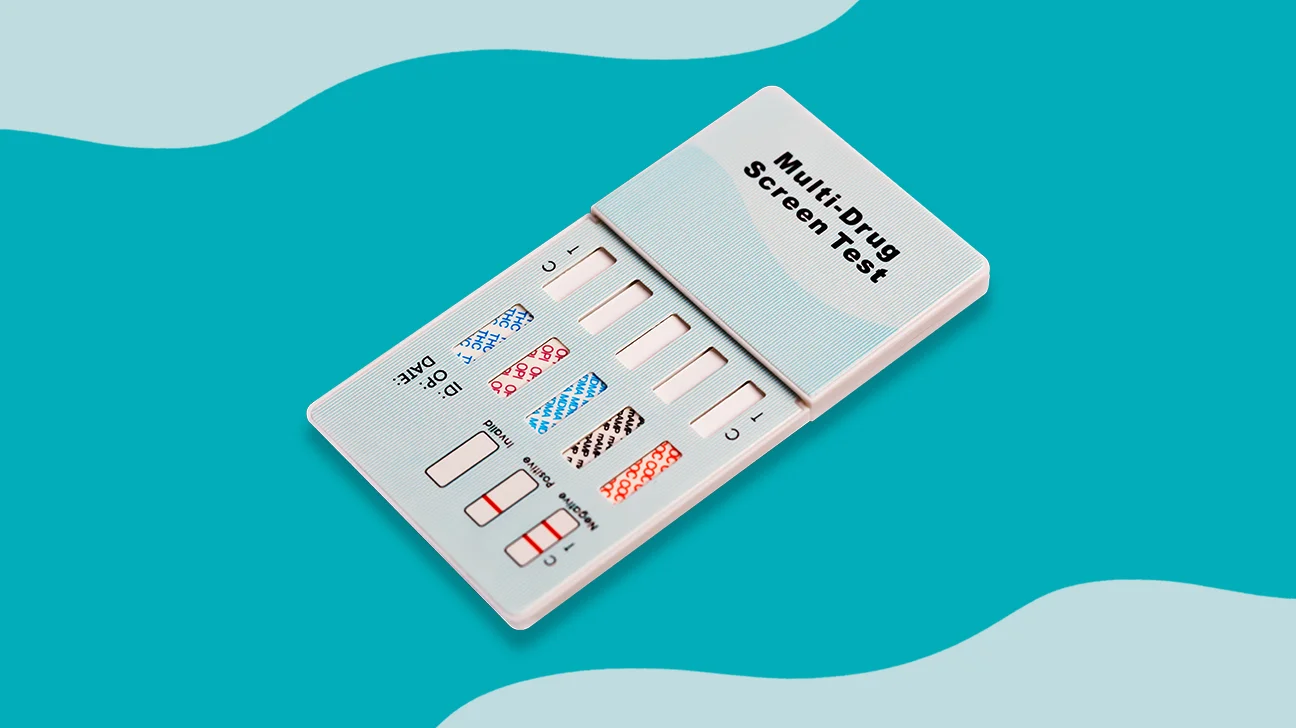
1. Workplaces
Drug testing kits are utilized by employers in order to maintain a drug-free workplace environment that fosters both productivity and safety. Standard operating procedures are utilized by a great number of firms, including random testing, post-incident testing, and pre-employment screening.
2. Healthcare Settings
The diagnosis, monitoring, and treatment planning of patients who have issues related to substance abuse are all made easier with the assistance of these kits for medical professionals.
3. Law Enforcement and Forensics
In order to ensure that probation supervision, criminal investigations, and the identification of drug-impaired driving are all carried out effectively, drug testing kits are indispensable resources.
Limitations and Considerations
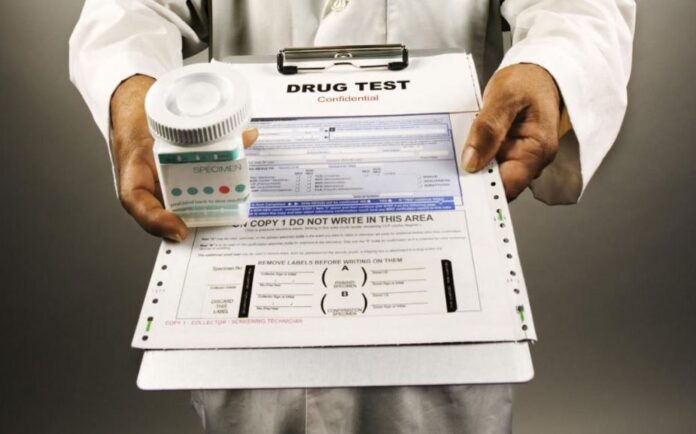
There are limitations and considerations of drug testing kits, such as:
1. Detection Windows
The detection windows of various tests are distinct from one another, which has an impact on the degree to which they are able to identify drug use in the past or in the present.
2. Accuracy Issues
Several factors can result in false-positive or false-negative results; therefore, it is necessary to do confirmatory tests to validate the results.
3. Legality and Ethical Considerations
When it comes to conducting drug tests, it is vital to obtain the appropriate permission and comply with the legal requirements to preserve individuals’ rights and privacy.
The Evolving Landscape of Drug Testing Kits
Testing kits for drugs are extremely useful tools in a wide variety of sectors because they provide procedures that are both quick and effective for detecting drug use. It is essential to thoroughly understand their classifications, operational principles, accuracy, applications, and limitations to make responsible and efficient use of them.
As technology continues to grow, continuing research and development efforts continue to increase the reliability and accuracy of these kits. This, in turn, contributes to safer workplaces, improved healthcare practices, and enhanced capabilities for law enforcement.

